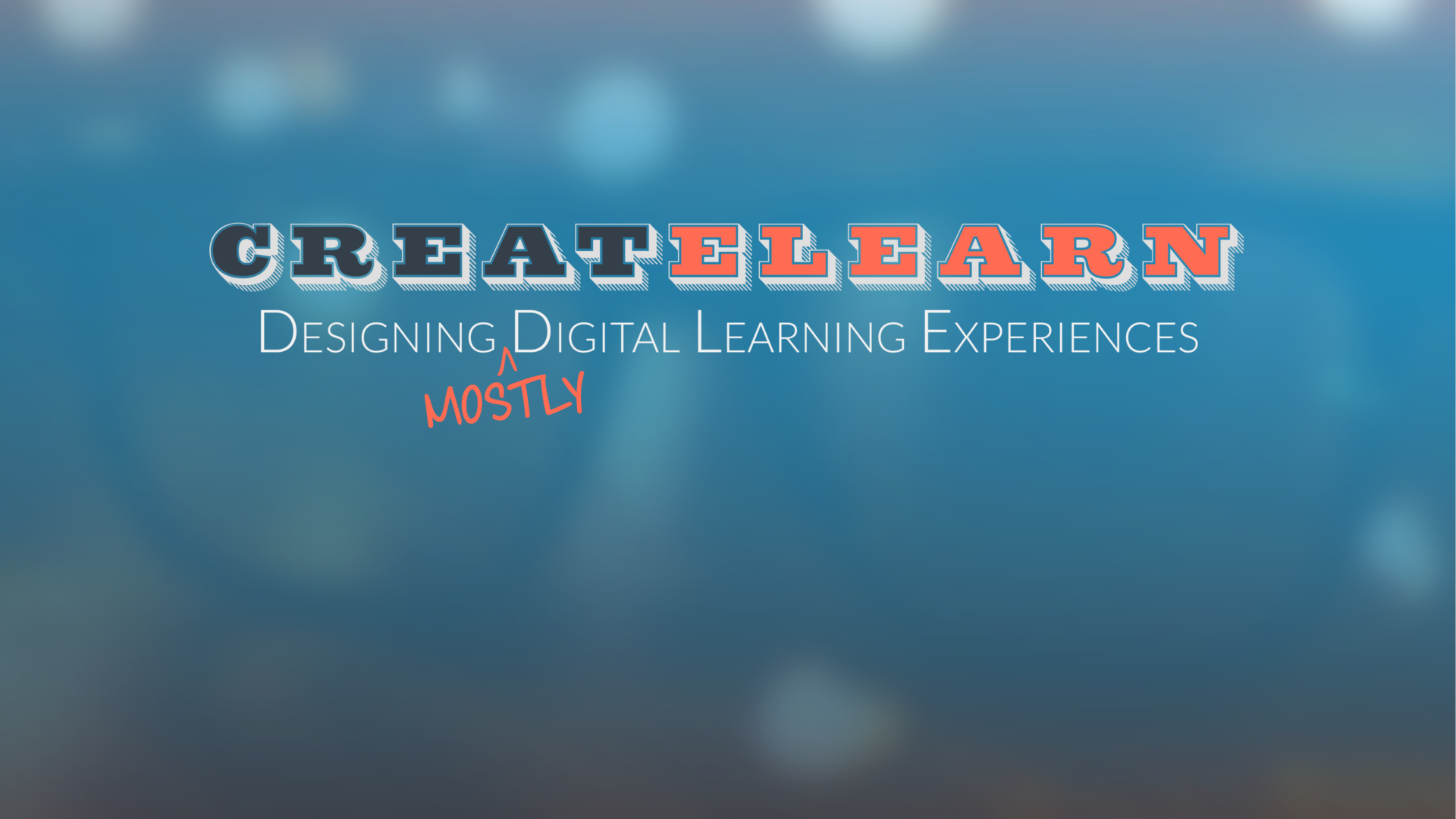I find Facebook to be a bit of a waste if used personally. Nevertheless, many people use it and that is their prerogative. It is nice to reconnect with old friends, but the site has a very “who is looking at my profile?” feel to it. I think many people like to stalk other user’s photos and profiles. Kids don’t get this.
Recently, my wife found a student’s site because there was a strange picture tagged on my niece’s wall. His comments and photos were suggestively suicidal. As a result, my wife contacted her sister about the incident. Then, her sister contacted my niece. My niece then called the depressed “friend.” He was completely confused by the fact that so many people saw his posts and photos. My niece stated he seemed upset and confused that her uncle and aunt saw his posts. For him, this cry for help became too public. My point is kids and some adults do not understand how public their posts and photos become. As Mary Schmich (2011) states Facebook “multiplies all the problems that come with relationships.” Especially if it was a page for my classroom, I would hate for an inappropriate post or photo to make its way onto my Facebook page.
Facebook isn’t as professional as Linkedin. With many old “friends,” who knows what they want to say on your “wall.” In addition, they may post the wrong picture of you from your past or the weekend. Within the media and community, teachers are constantly scrutinized and can be fired for doing things that are “immoral.” This was just stated at my last union meeting. What is immoral? Each person has his or her own point of view on morality.
Currently, my Facebook page is extremely limited, and I constantly remove my tag from photos. If being used for my professional life, I would have to create a whole new profile purely geared for educational use. With Facebook personal and professional Facebook profiles need to be miles apart. This is because I cannot trust other people that are considered to be your Facebook “friends.”
Check out the following link about social networking on Thinkfinity.
I find Twitter too restricted. With only so many characters allowed, a “Tweet” can only provide a follower with so much information. If I want to find information for research’s sake, reliable information can be tricky to locate. Sometimes, it’s possible to stumble upon a reliable link on someone’s Twitter posting. There are some important users to follow. But, there is a lot of nonsense out there.
Although Tweets are restricted, this could be used to teach students to become succinct. Students would be forced to respond with a limited number of characters, but still be understood.
Twitter is great for businesses to get their information on the web, which makes it a valuable marketing tool. Also, it is a great website to provide links to other sites without limitation on the number of characters. Overall, Twitter is a great marketing tool to promote a business, a personal website, or valuable information on other sites.
I post occasionally , but go ahead and follow me @hoosier_teacher.
Of the three social sites, this is the one I feel an affinity toward. It is much more professional and provides like-minded professionals to connect with one another. By monitoring your connections, it is beneficial for teachers looking for jobs. If a school system is in need of a well-rounded educator, they might to find one just by browsing Linkedin’s users. Additionally, user’s are able to view local job postings and apply for various jobs. In my opinion, this website provides the most valuable resources for professional gain.


You must be logged in to post a comment.